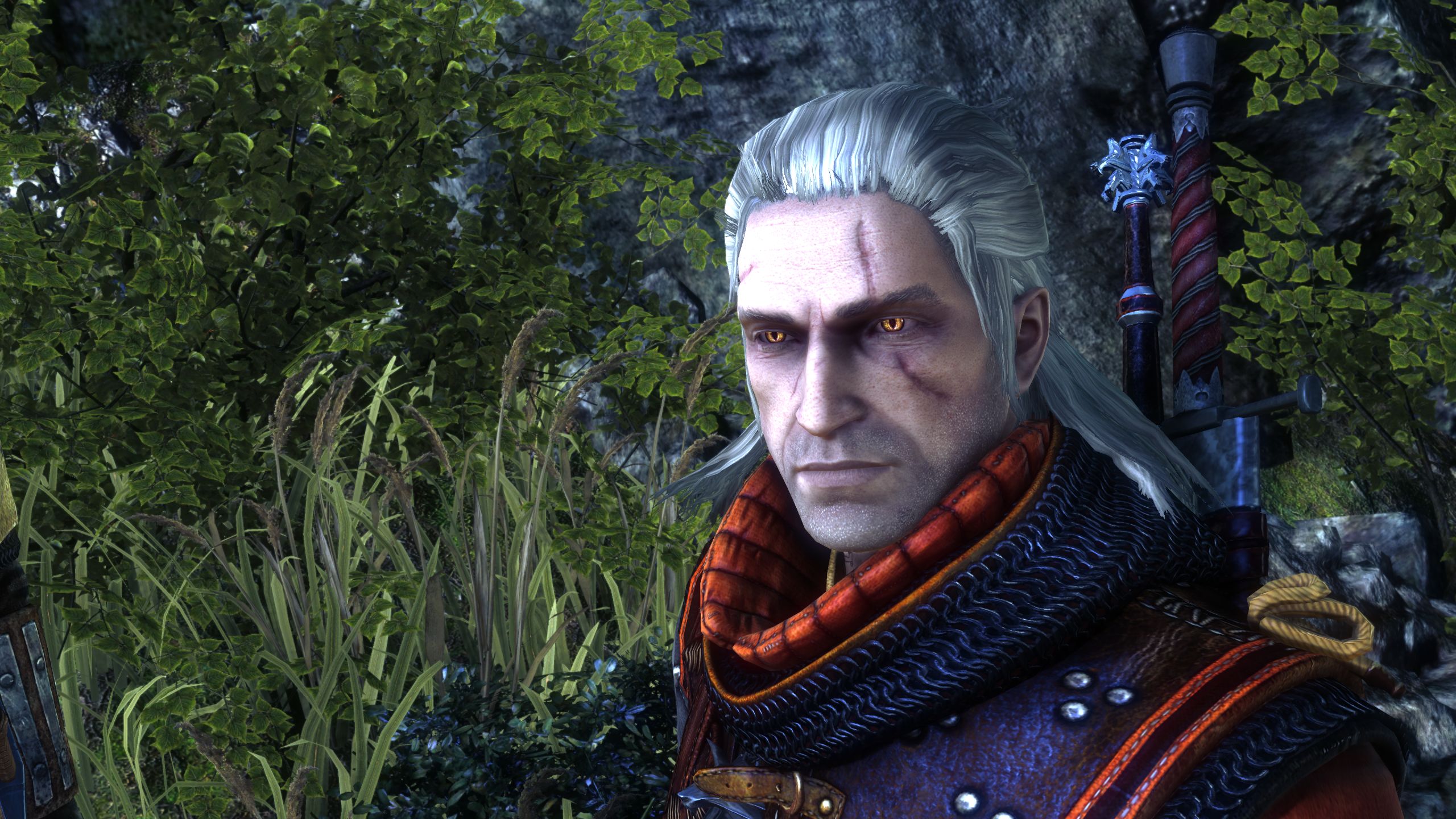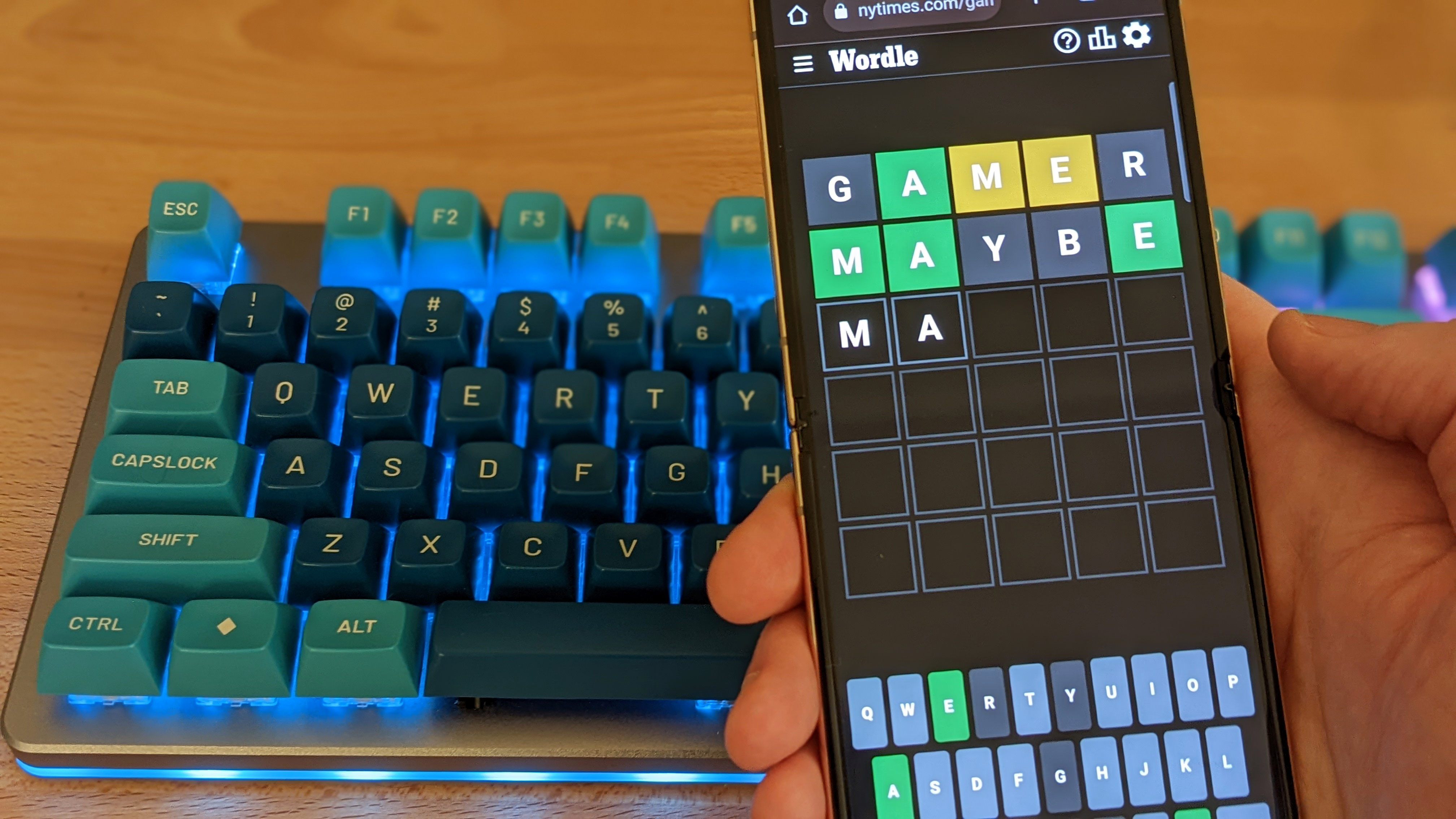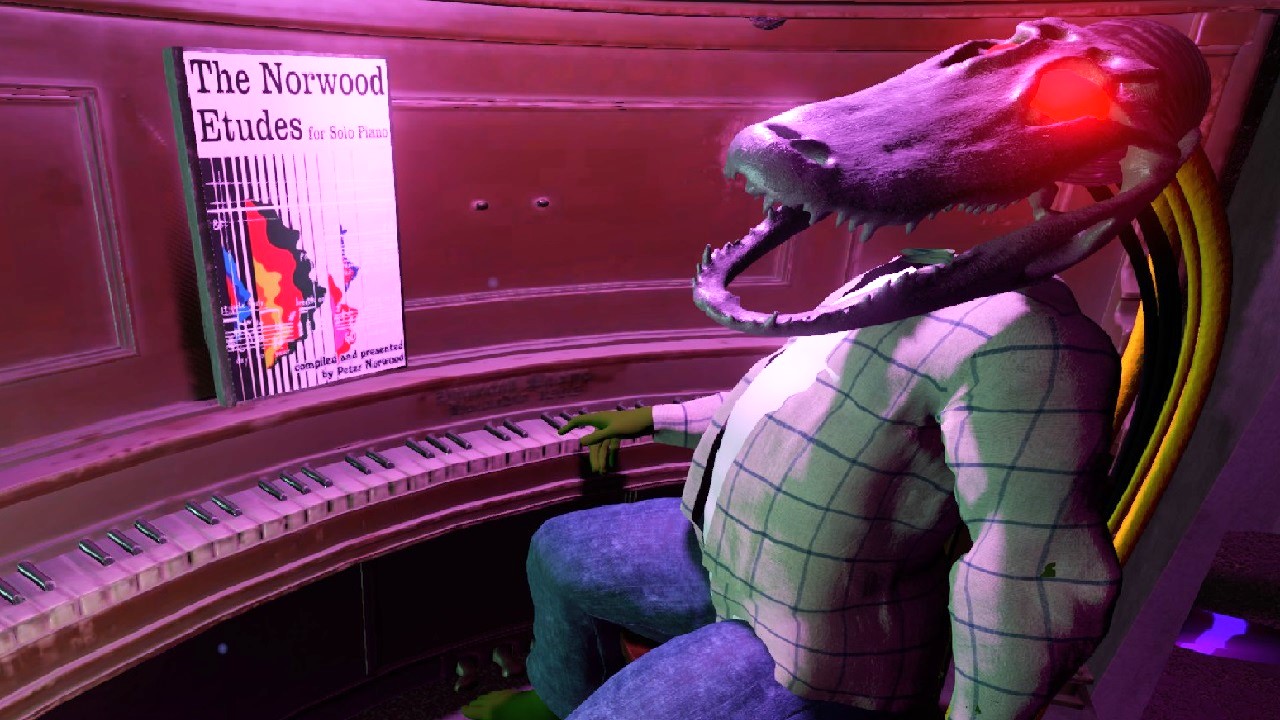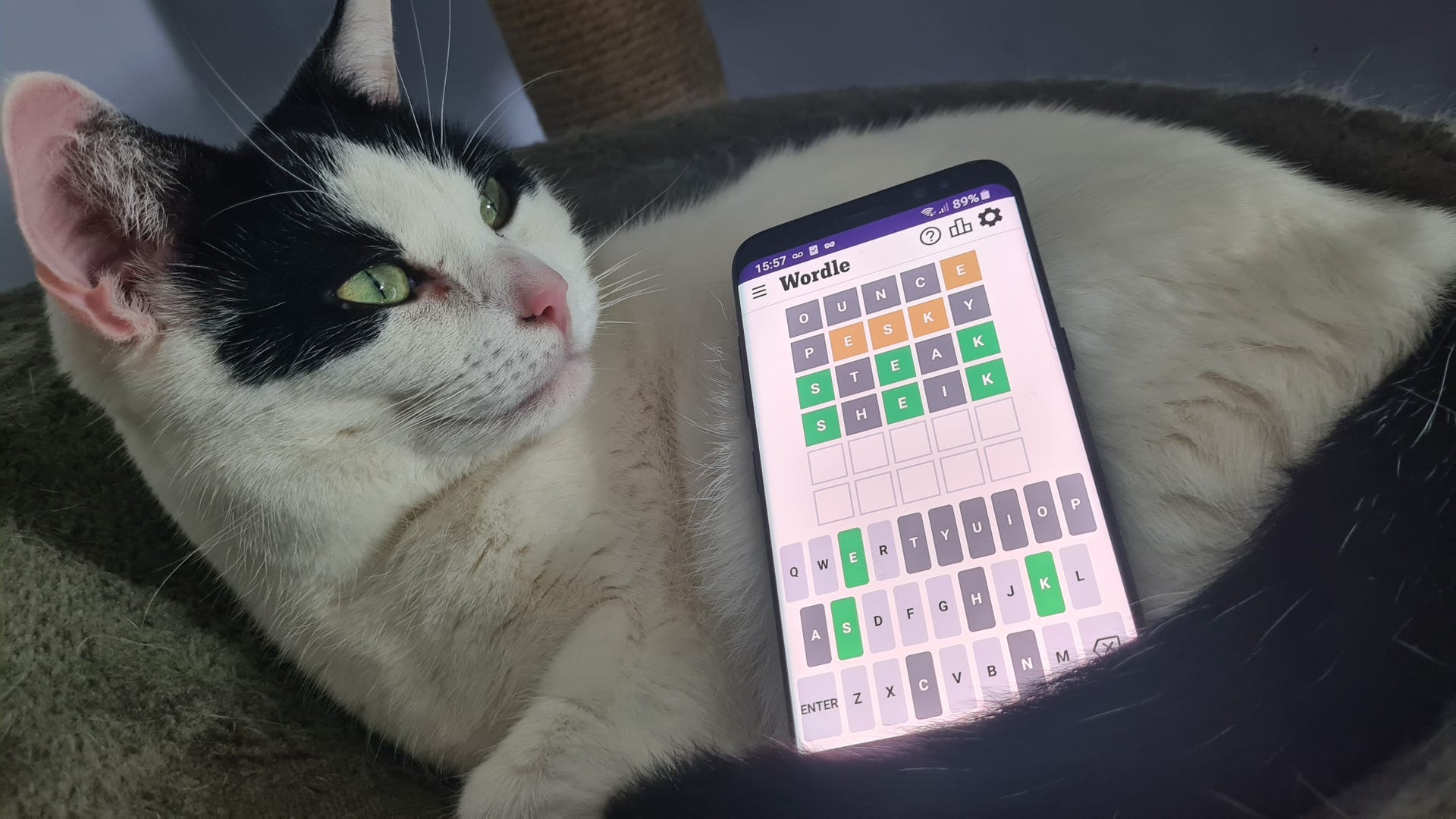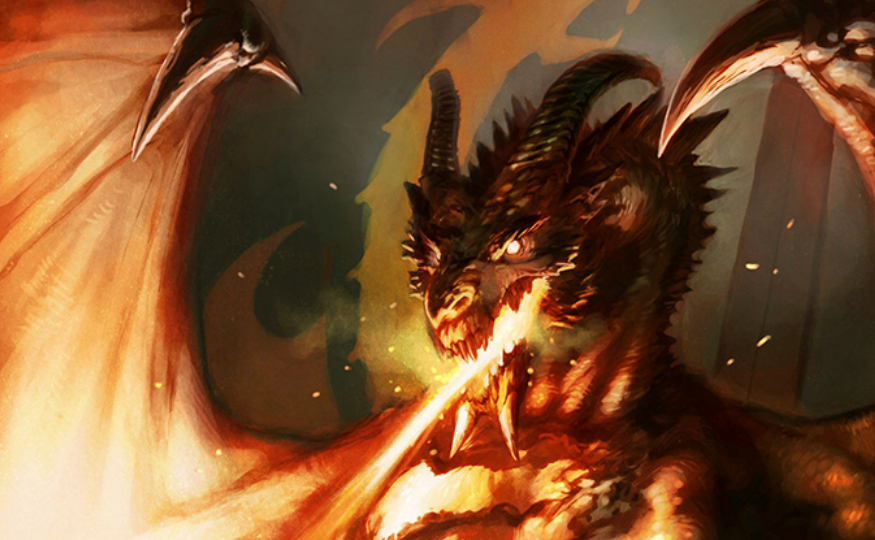
EverQuest has been going for 25 years now. Is its difficulty part of the key to its longevity?
Shadow of the Erdtree is upon us, and with it the latest round of discussion about difficulty in videogames. But as much as I’m looking forward to traversing the Land of Shadow, I’ve instead spent the last couple weeks embroiled in the history of another difficult game, EverQuest.
Last week, developer Daybreak Games flew me out to San Diego to observe Fippy Fest, a celebration of EverQuest’s 25th anniversary and the 20th anniversary of its sequel, EverQuest 2. That both games are still going strong is a testament to the ongoing legacy of a genre-defining game and the tenacity of its players and developers. One of the main reasons design manager Adam Bell thinks EverQuest has such a hold on players’ hearts, a reason I heartily agree with, is that the game is tough as hell.
“When we try to bring in new players it’s more about quality of life changes,” said Bell, “things that’ll make the game a little easier without getting rid of the core of EverQuest—the fact that EverQuest 1 is a hard game, and we don’t want to make it an easier game because that’s what our players want. Our players want that harder game, that Dark Souls experience. If they wanted the easier experience they would go elsewhere.”
When I first started playing EQ in 1999, everything was hard. The world was huge, even basic monsters were deadly, dying meant you lost XP and maybe your stuff, the list goes on and on. After 25 years and 30 (yes, 30) expansions, some of the rough edges have been filed off, but the game still has teeth.
“You need to plan to kill even the basic NPCs, you can’t just walk up to them and kill them,” said Bell. “If you don’t check your surroundings, or have a plan to kite it instead of tanking it if you need to, you’ll find yourself in trouble.”
Soloing is a major challenge, for some classes more than others (RIP rogues). So for most of your time in Norrath, you’ll want to find a friend. Mercenaries, powerful NPC minions that can come along for the ride, help out particularly at lower levels, but they’re no replacement for another player. In fact, asked about the possibility of making mercenaries stronger during the fireside chat, Bell had this to say: “Mercenaries should not be as good as players. You want a player over a merc. A merc is a stand in when you can’t find a player.” Considering that mercenaries are also locked out of most raid content, it still pays to be friendly.
Raids are huge affairs with up to 54 players, and while they aren’t like the open world 300 player chaos of days gone by, they still require a great deal of coordination. Progression still takes time, even with an expansion coming out every year. While the top guilds will clear the raids in the first few days of release, big chunks of the live EQ population chew on it for months afterward.
Difficulty in games is a sticky subject, especially for MMOs. EverQuest has never been the most fast-paced game, doesn’t require a bazillion APM, and isn’t pushing the bleeding edge of mythic raiding with 500+ pull misery. But it is a deeply challenging game that requires communication and cooperation at basically every level of gameplay, from level 1 to level 125.
As Bell put it, “The challenge leads to a sense of accomplishment, and then a desire to do it again.” That sentiment mirrors almost exactly what Elden Ring game director Hidetaka Miyazaki said about lowering the difficulty in that game: “The sense of achievement that players gain from overcoming these hurdles is such a fundamental part of the experience. Turning down difficulty would strip the game of that joy—which, in my eyes, would break the game itself.”
This, I think, is the crux of the issue. Difficulty in a videogame is not an end in itself, but a tool for developers to use to give the actions players take additional meaning. The satisfaction gained from hard-earned accomplishments keeps players bashing their heads against FromSoftware games and grinding away at EverQuest levels.
Speaking to Bell at Fippy Fest was a reminder of the sheer weight of the history of EverQuest. Overwhelmingly, the responses I got from him and other developers about content or priorities was a desire to continue to honor that history and respect the things that brought the players to their games in the first place.
For me, and I think for a lot of the players who have wandered around these giant worlds, the difficulty gave my time in Norrath extra meaning. I’ll never forget having the Shadowknight epic quest printed off of Allakhazam’s and sitting on my desk, reading and re-reading it, dreaming of one day acquiring that incredible weapon. It didn’t happen until nearly 20 years later, but even then, boy was it sweet.

